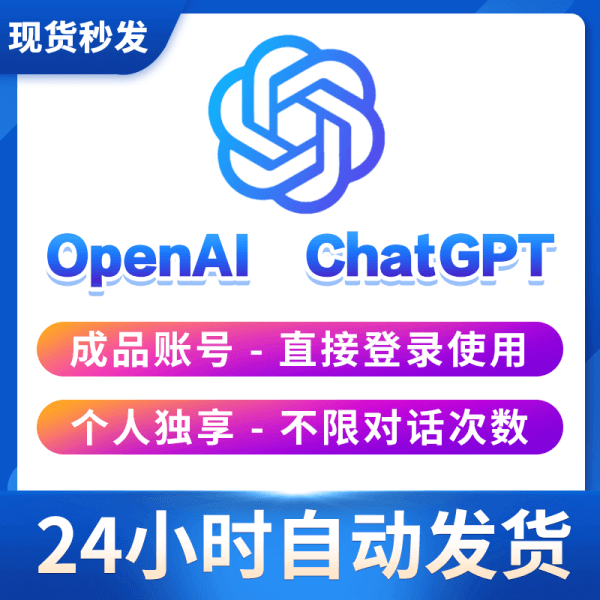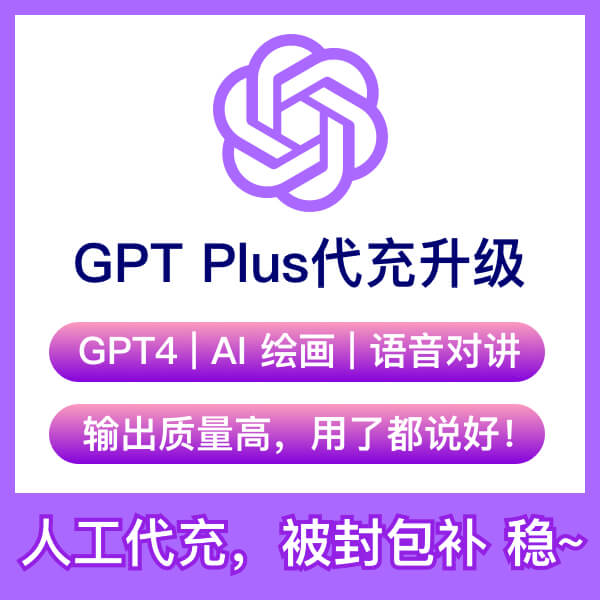留学生使用ChatGPT写毕业论文的利与弊
Pros and Cons of using ChatGPT to write a graduation thesis
Writing a graduation thesis can be a daunting task for many students, requiring a substantial amount of time and effort. With the advent of AI technology, one popular tool that has gained attention is ChatGPT. However, the use of ChatGPT for writing an entire thesis has stirred controversy and raised concerns about the quality, authenticity, and ethical implications. In this content outline, we will explore the pros and cons of using ChatGPT to write a graduation thesis to help students make an informed decision.
I. Pros of using ChatGPT to write a graduation thesis
A. Time-saving and convenience
- Using ChatGPT can save students a significant amount of time and effort during the writing process. The AI-powered tool can generate content quickly, allowing students to focus on other aspects of their thesis.
- ChatGPT provides convenience by offering round-the-clock access. Students can work on their thesis at any time, without being restricted by the availability of advisors or professors.
B. Focusing on content and quality
- By relying on ChatGPT for repetitive and time-consuming tasks like paraphrasing or grammar checking, students can concentrate on the substance and quality of their thesis.
- ChatGPT can handle the mundane aspects of writing, allowing students to devote more attention to critical analysis, research, and overall coherence of their work.
C. Assistance in generating high-quality content
- ChatGPT has the potential to generate well-written and structured thesis content. The AI algorithm can provide valuable insights, references, and data that students can incorporate into their work.
- It can assist students in maintaining a logical flow in their arguments, suggesting potential counterarguments, and offering alternative perspectives to enhance the overall quality of the thesis.
- Students with language barriers may benefit from ChatGPT, as it can help them improve the clarity and coherence of their writing.
II. Cons of using ChatGPT to write a graduation thesis
A. Quality control and reliability
- One of the major concerns with ChatGPT is its inconsistency in producing high-quality and accurate content. The AI algorithm can sometimes generate incorrect or unverified information.
- There is a need for careful review and fact-checking to ensure the reliability of the AI-generated content.
B. Lack of personal input and originality
- Relying solely on ChatGPT for writing a graduation thesis may result in a lack of personal input and originality. The AI tool cannot replicate the individual voice and unique perspectives of a student.
- There is a risk of plagiarizing content or producing work that lacks academic integrity when using AI as the primary source for thesis writing.
C. Potential risks and consequences
- The use of ChatGPT to deceive or bypass academic supervision raises ethical concerns. It undermines the purpose of the thesis as an assessment of a student’s knowledge and critical thinking skills.
- Real-life cases have emerged where students have used AI tools like ChatGPT to circumvent academic scrutiny, compromising integrity and honesty.
Conclusion
In conclusion, while ChatGPT offers advantages such as time-saving, content generation assistance, and convenience, it also poses challenges in maintaining quality control, preserving personal input, and avoiding potential risks and ethical consequences. It is crucial for students to exercise caution and responsible use of ChatGPT as a supplementary tool rather than relying solely on it for thesis writing. Seeking guidance from professors, utilizing ChatGPT to enhance content and learning, and acknowledging the tool’s limitations can lead to a balanced and productive approach to writing a graduation thesis.




